I don’t get it.
Sixty years after women and African Americans were integrated into the American military, we’re still debating whether or not gays should be allowed to serve openly in the armed forces.
Are there any arguments that can be made in support of the current “Don’t Ask, Don’t Tell” (DADT) policy?
Under this policy, instituted during the Clinton administration, gays can serve in the military as long as they do not reveal their sexuality.
There is a moral argument against DADT due to the grave injustice it serves homosexuals serving in the armed forces. But morals are subjective. Then there is a legal argument, that under the equal protection clause of the 14th amendment, DADT is unconstitutional.
But let us even ignore both the legal and moral arguments. Let us just look at this policy from a practical perspective – just the cost-benefit analysis.
The cost of this disastrous policy has been enormous. Since 1994, when the policy was instituted, over 13,000 patriotic servicemen and women have been discharged for revealing their sexuality.
In the last five years alone, the Pentagon has dismissed over 60 critical language (i.e. Arabic, Farsi, etc.) experts. During Vietnam, draft-dodgers would claim to be homosexual to avoid serving.
[adrotate group = “2”]
According to the Urban Institute, there are a further 65,000 homosexuals on active duty and in reserve, representing 2.8% of the entire military. If all of these soldiers were discharged, the military would face a severe shortage of personnel.
Financially, the cost of the DADT policy is estimated at anywhere from $190 million to $360 million.
Meanwhile, the benefits of this policy are nonexistent. Fundamentalists might mutter something about benefits to “unit cohesiveness,” but that is simply not true. Gays serve openly in the militaries of the United Kingdom, Canada, France, and even Israel without consequence. In other Western countries, this is a non-issue.
And our military now agrees that it’s time to repeal Don’t Ask, Don’t Tell.
Support for repeal is extensive: from the top brass, who testified before Congress this week that repealing DADT would be the “right thing to do,” to the rank and file, of whom 75% are comfortable with gays and lesbians.
Finally, perhaps Congress can take a hint from their constituents. Seventy-five percent of the public supports gays serving openly, as do 60% of churchgoers and 58% of Republicans.
Again, I ask: Are there any arguments that support Don’t Ask, Don’t Tell?

![During the WHS club fair, senior Molly Bergeron is watching a student sign up for her club, Eliza J. Norton Foundation. In this club, students meet every week and come up with ideas to spread the message. "[This club] really touches a lot of people in the town," Bergeron said.](https://waylandstudentpress.com/wp-content/uploads/2025/10/IMG_1335-1200x800.jpg)


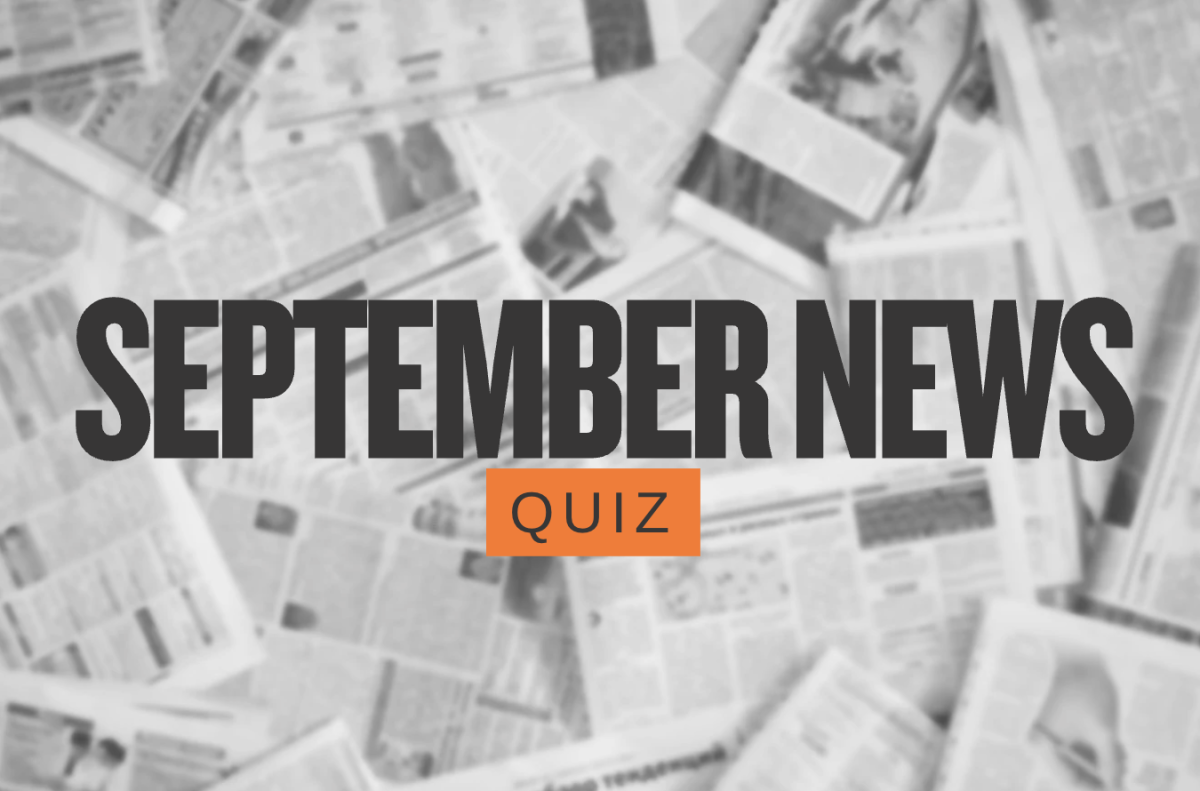










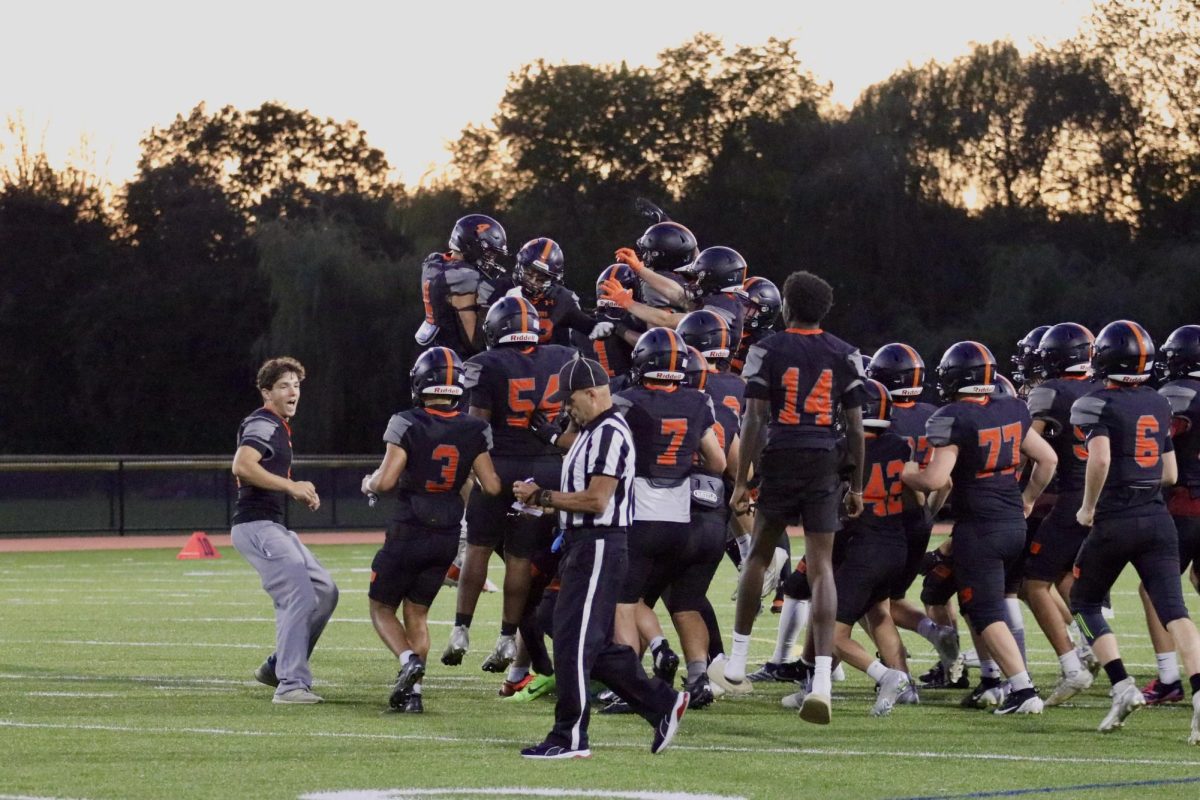











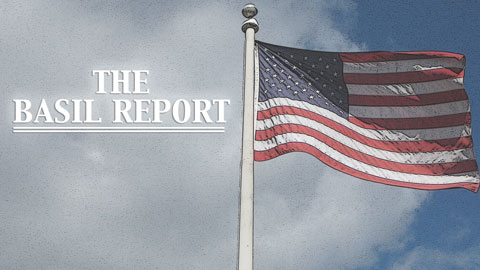
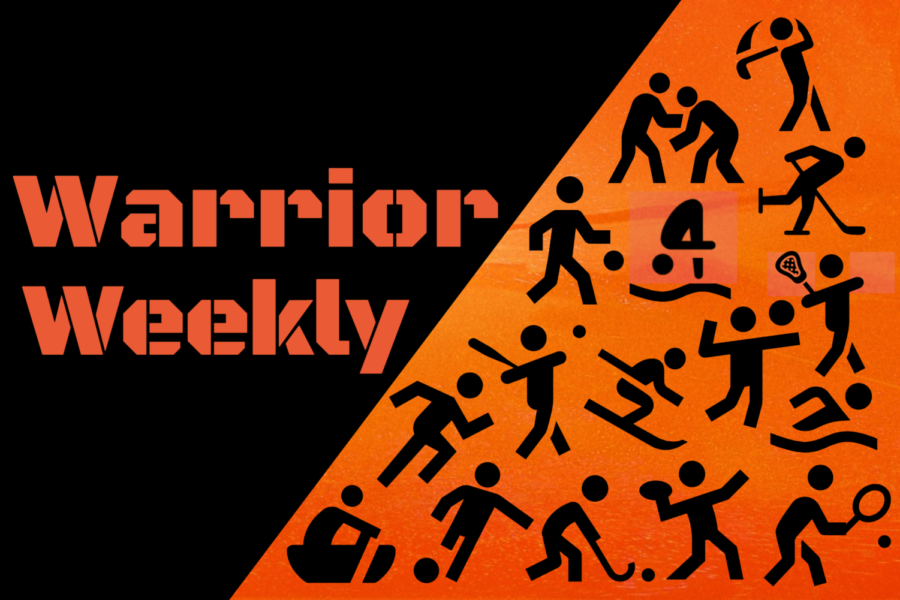
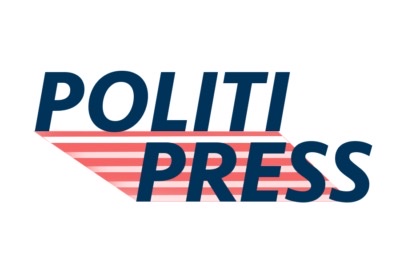
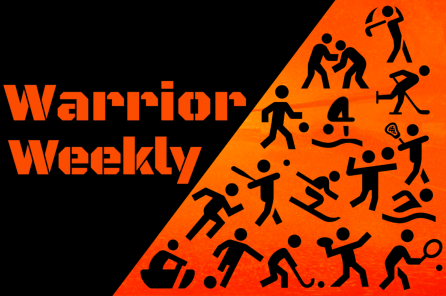


morning • Feb 15, 2010 at 3:23 PM
I agree with you completely. DADT was a step in the right direction when it was first established but it has to go! Nobody should be denied access to the military simply because of sexuality.
anon • Feb 9, 2010 at 3:16 AM
What is "even Israel" supposed to mean?
Basil • Feb 10, 2010 at 7:14 PM
Some have made the argument that homosexuals would make the military less effective and efficient. Israel has a fantastically efficient military, and they're super-efficient "even" with gays in the IDF.